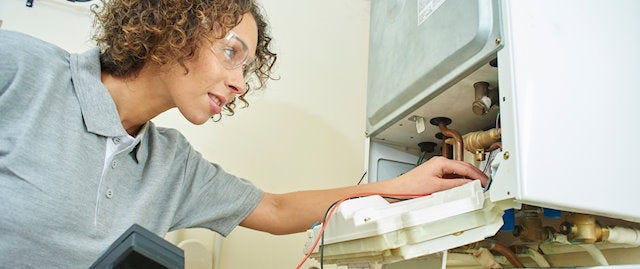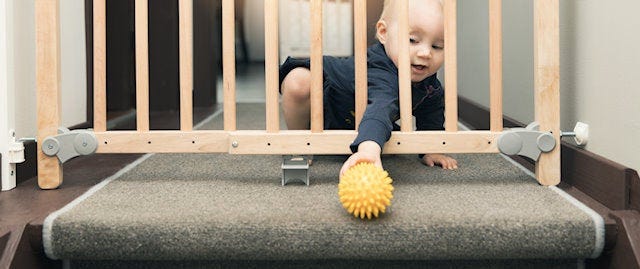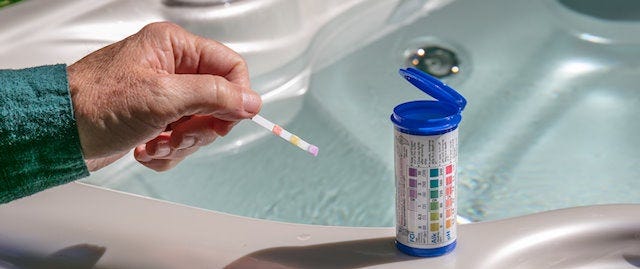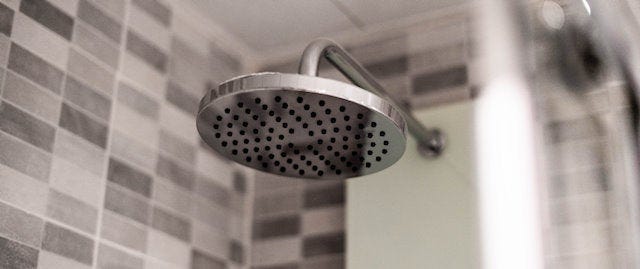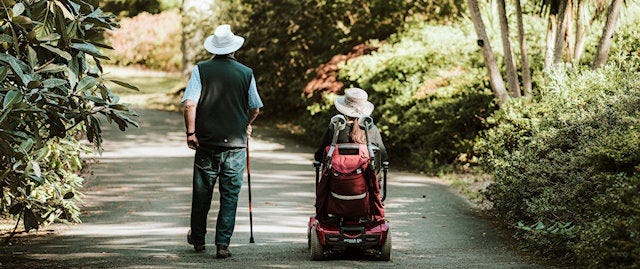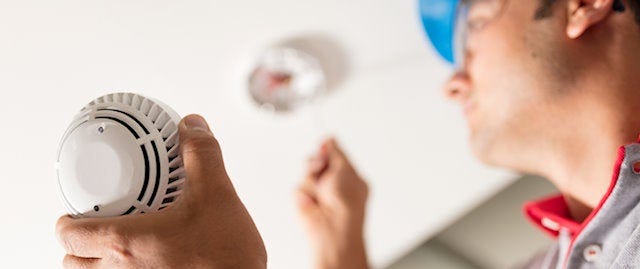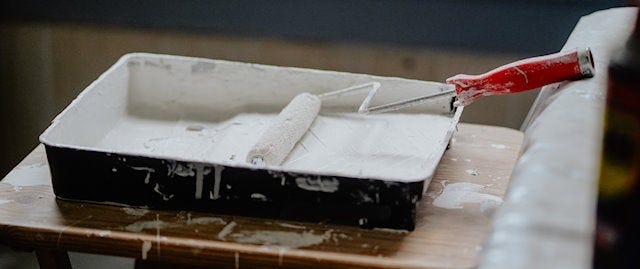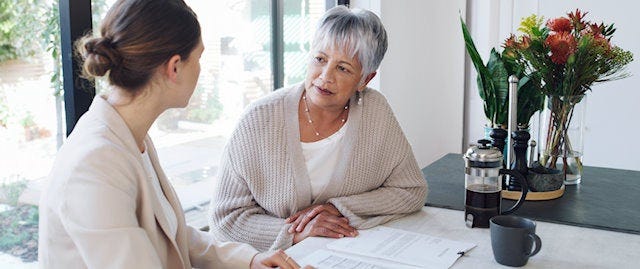Fire Safety
In this section, we’ve provided some helpful tips on how to make your holiday home as fire safe as possible. You can speak to our friendly, local teams at any time to find out more about these considerations, browse below to get a sense of what you need to do to make your home fire safe, or fill in the form below for our full guide for more in-depth information.
Fire Risk Assessment (FRA) Objectives
One way to ensure a holiday home is fire safe is to carry out regular Fire Risk Assessments. During an FRA you must think about:
- Identify the fire hazards
Think about how a fire could start in your premises - Identify the people at risk
This could be yourself, your guests, any staff/ cleaners etc. Some people, such as the elderly or very young, could be more at risk - Evaluate, remove, reduce and protect from risk
Form a plan to reduce/remove any identified risks - Record, plan and inform
Keep a record of the significant findings of your risk assessment
How often do I need to compile a Fire Risk Assessment?
The law does not specify a time period; however, it is best practice that this should be checked/reassessed annually or sooner where new furniture or alterations to the property have been made. All assessments should be documented. A copy of your Fire Risk Assessment form should be made available in your property and a copy lodged with your local agency.
For online help formulating your FRA, see Fire Safety guidance on Gov.uk. For professional assessment, visit Fire Protection Association or search for local services online.
Fire Safety Considerations
- Fit plenty of working smoke alarms
- Ensure there is a working carbon monoxide alarm system
- Place a fire blanket in the kitchen
- Make sure you have the appropriate type and number of fire extinguishers in the property based on your home’s risk assessment
- Keep emergency lighting/torches in the house for guests
Heating Equipment Testing and Approvals Scheme (HETAS)
HETAS is the official body recognised by the government to approve biomass and solid fuel domestic heat appliances, fuels and services, including the registration of competent installers. In terms of holiday lets, this refers to biomass boilers, woodburners and open fires. If you have any of these features in your property, you must comply with HETAS regulations.
For further information and advice, visit the HETAS website
Soft Furnishings
Fire safety may not be the first thing that springs to mind when you’re furnishing your holiday let, but it is a necessary consideration. All soft furniture must comply with the Furniture and Furnishings Regulations 1988, but to help with tricky legalities, the Furniture Industry Research Association have created this simple guide.
This article was published on 18-May-22
Disclaimer: At the time of publishing, The Original Cottage Company Limited has taken all reasonable care to ensure that the information contained in this guide is accurate. However, no warranty or representation is given that the information is complete or free from errors or inaccuracies. This guide contains general information about laws applicable to holiday properties. This information is not advice and should not be treated as such. Compliance with legislation is the responsibility of the holiday property owner and The Original Cottage Company Limited assumes no liability in this regard. This guide is not intended to be a definitive statement of the law in England & Wales. If you require precise or more detailed information regarding financial, legal and tax legalisation we recommend you seek professional advice.
